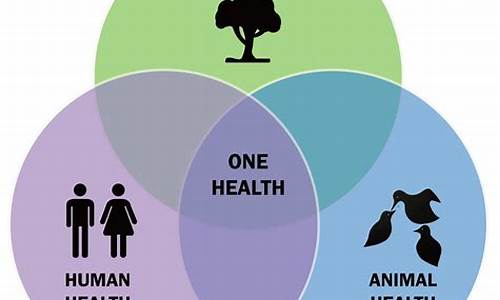The Healthy Connection Between Diet and Emotions
A balanced diet plays a crucial role not only in maintaining physical health but also in regulating our emotions. What we eat can have a profound impact on our mood, energy levels, and even mental well-being. Emerging research shows that certain nutrients found in food can influence brain function, stress levels, and overall emotional stability. Understanding the connection between diet and emotions is essential for improving both our mental and physical health.

The Role of Nutrients in Emotional Well-Being
Various nutrients, including vitamins, minerals, and fatty acids, are vital in the regulation of mood and mental health. For instance, omega-3 fatty acids found in fish like salmon can reduce symptoms of depression and anxiety. Likewise, magnesium, often found in leafy greens and nuts, helps in reducing stress and calming the nervous system. Proper nutrition helps to balance hormones and neurotransmitters, which are key in regulating our emotional state.
The Impact of Blood Sugar Levels on Emotions
Blood sugar levels significantly affect mood swings and emotional stability. Low blood sugar levels can lead to irritability, fatigue, and anxiety. Foods that are high in sugar may cause a quick rise in energy followed by a sharp crash, which can worsen mood disorders. To maintain stable blood sugar levels, it is advisable to consume complex carbohydrates such as whole grains, vegetables, and fruits that provide a slow and steady release of energy.


The Importance of Hydration

Dehydration can have a major impact on emotional health. When the body is dehydrated, it may cause feelings of irritability, confusion, and low mood. Ensuring adequate water intake throughout the day is essential for maintaining emotional balance. Herbal teas and water-rich fruits and vegetables like cucumbers and watermelon can also help in staying hydrated.

Diet’s Role in Stress Management
Certain foods have stress-reducing properties, such as dark chocolate, which has been shown to lower cortisol levels (the stress hormone). Additionally, foods rich in B vitamins, such as avocados and eggs, can help the body respond better to stress. A balanced diet containing these stress-relieving foods can greatly enhance emotional resilience and overall well-being.
In conclusion, diet plays an indispensable role in regulating our emotional health. By consuming a variety of nutrient-dense foods, staying hydrated, and managing blood sugar levels, individuals can significantly improve their emotional stability and mental well-being. A healthy diet not only nourishes the body but also nurtures the mind, contributing to a happier and more balanced life.